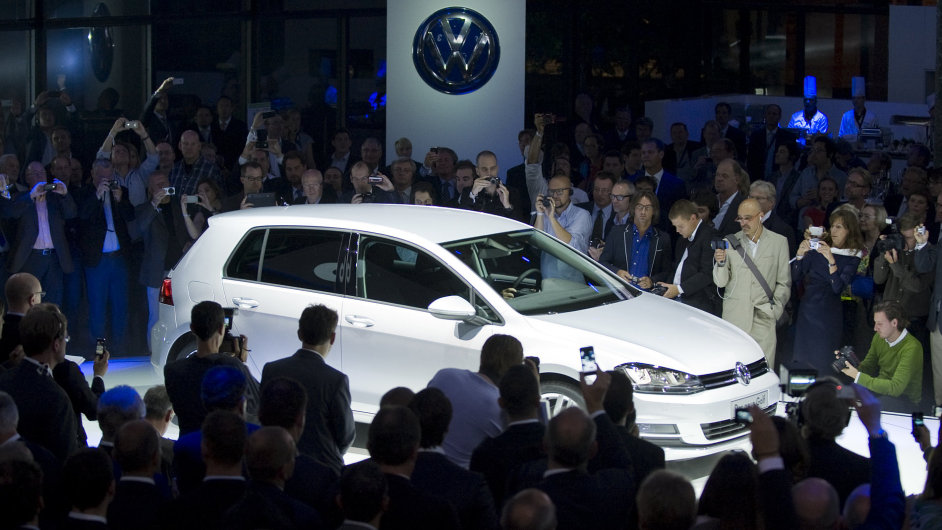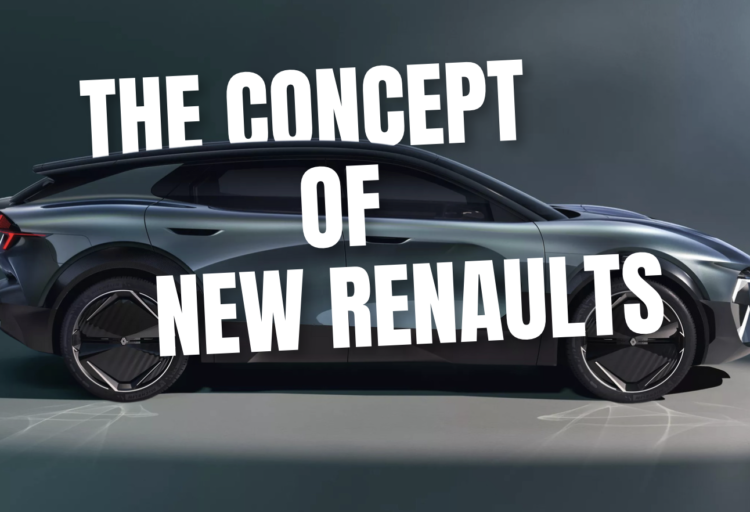Volkswagen, a giant of the German automotive industry, is facing an unprecedented crisis. While signs of trouble had surfaced earlier, the full extent became evident in September when company leadership admitted the situation was critical, requiring drastic measures to stabilize the automaker. The core of these actions includes plans to close multiple German plants and lay off tens of thousands of employees—a scale of change never before seen in VW’s history. The aim is to cut costs and increase competitiveness, crucial for ensuring a stable future for the company.
Volkswagen once symbolized the strength of the German economy and was a global leader in the auto industry. However, years of inefficiencies have accumulated, ultimately contributing to the current situation. In recent years, the company has focused heavily on supporting electric mobility and strict emissions regulations, an effort that brought steep financial costs and a shift away from traditional combustion engines that most of VW’s customers had been accustomed to.
Another blow to the automaker has been its dependence on Germany’s energy market, which has faced rising costs and inefficiencies. Together, these factors have led to a significant increase in expenses while profits have declined. VW now faces a crucial question: what steps must it take to regain its standing and prevent collapse?
Plant Closures and Job Cuts
Volkswagen is enacting specific measures to escape this difficult situation. According to company sources, at least three plants in Germany will close, including the Osnabrück factory, which has already lost contracts with Porsche. These steps will impact not only production but also thousands of workers. Beyond VW employees, the entire supply chain is at risk. Daniela Cavallo from VW’s labor union has warned that no factory is safe, and major changes are on the table, leading to job losses.
These cuts will affect every level of the workforce, from factory workers to management. Additionally, the company plans to reduce salaries by up to ten percent and freeze them for the next two years, despite union demands in September for a seven percent wage increase. VW hopes these cuts will save enough funds to reinvest and stabilize its position.
Predictably, these measures have sparked a response from the unions, who are now vocal in opposing the management’s plans. Union leader Daniela Cavallo has warned of widespread dissatisfaction and is threatening strikes. Workers are prepared to protest, which could escalate into a strike that would halt production. Such disruption would mean additional losses for VW and could severely hamper its restructuring plans.
The German government has reacted cautiously but is urging the automaker to consider the impact on employees and, where possible, protect jobs. A government spokesperson noted that past management mistakes should not be borne by the workers. Chancellor Olaf Scholz is reportedly in close contact with company representatives and employees to support measures aimed at preserving jobs.
Part of Volkswagen’s current crisis can be attributed to cultural shifts that have influenced the way the company is managed. Leadership has often focused on aligning with environmental standards and promoting electric vehicles, efforts that have proven costly and challenging. Rather than investing in efficiency across all operations, the company pursued trends that haven’t always been well-received by customers.
Volkswagen now faces a challenging period of transformations, which may shape not only the company’s future direction but also the trajectory of the entire German and European automotive industry.
Source: Euronews





Leave a Reply